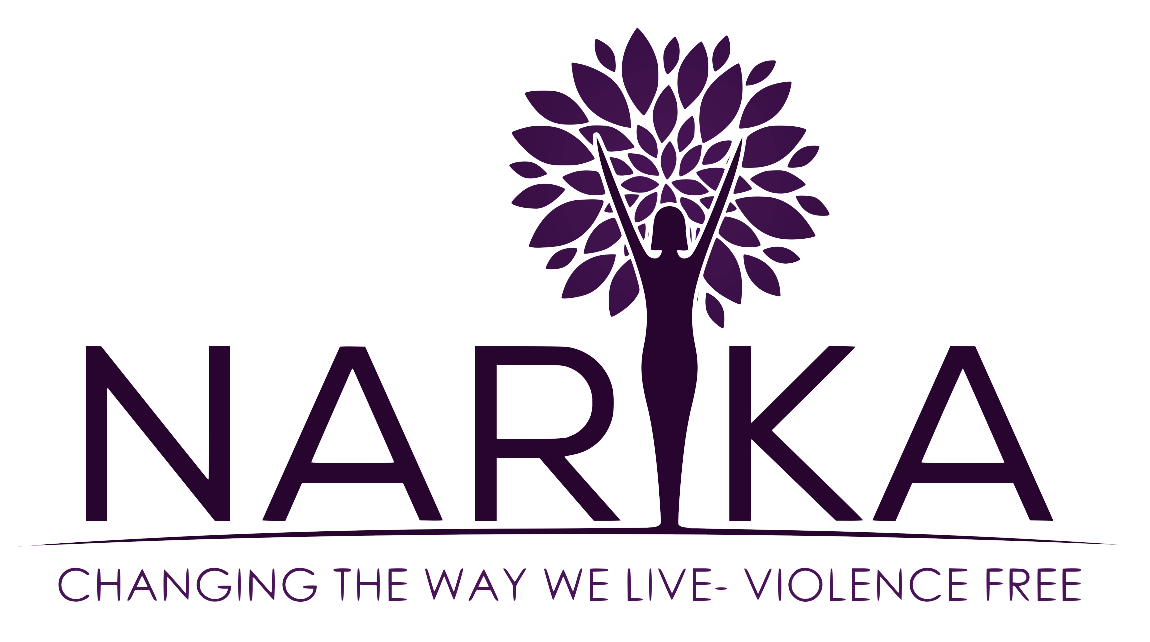Understanding Domestic Violence
Domestic violence, also referred to as “intimate partner violence” (IPV), “dating abuse”, or “relationship abuse” is a pattern of behaviors used by one partner to maintain power and control over another partner in an intimate relationship.
Domestic violence is common. According to NCADV, 1 in 3 women and 1 in 4 men have experienced some form of physical violence by an intimate partner.
Domestic violence is not just physical violence but can include any number of abuses: emotional/verbal, financial, sexual, stalking, coercive control, technology abuse, religious/cultural/spiritual abuse, and more.
Domestic violence can occur in any intimate relationship, not just between a husband and wife.
Domestic violence happens in same-sex relationships and in teen dating relationships and is not always perpetrated from a man to a woman.
Domestic violence is not caused by alcohol and drugs. Alcohol and drugs can exacerbate domestic violence but do not cause it.
People of any origin, any race, gender, sexuality, religion, age, culture, ability, education level, or economic status can be a victim — or perpetrator — of domestic violence.
The presence of a gun in the household dramatically increases the risk of homicide by a partner. According to NCADV, 35% of all women killed by men are killed by intimate partners with guns.
Common signs of abusive behavior include:
Extreme jealousy when you spend time with others or spend time away from your partner
Attempts to isolate you from others, especially your family and friends
Insulting you or shaming you in front of others
Making threats to your safety or the safety of others. Using children or pets as leverage to control you
Controlling your finances, tracking your spending, denying or controlling your use of funds, even those you may have earned yourself
Pressuring you to have sex
Physical violence, including slapping, punching, scratching, kicking and strangulation.
Destroying your belongings
Tracking your movements, checking your email and phone records, and other forms of technology abuse.
Abandonment
Mood swings
Deflecting blame onto others
Is my relationship healthy?
Types of Relationship Abuse:
Physical Abuse: physical violence such as choking, slapping, biting, use of weapons, or throwing of objects, harm of children/pets, and dangerous driving
Emotional/Verbal Abuse: Insults/name-calling, threats, extreme jealousy, isolating you from family and friends, monitoring your activities, gaslighting or blaming you, making you question your sanity, damaging your belongings, accusing you of cheating, humiliating you in public
Financial Abuse: providing a restrictive allowance, withholding money and resources, stealing your money or resources, sabotaging your credit, incurring debt in your name, preventing you from accessing accounts, preventing you from working or refusing to work
Religious/Cultural/Spiritual Abuse: invoking religious, cultural or spiritual morals to justify abuse or control your actions, alienate you from others or criticize you
Technology Abuse: sending abusive, violent or harassing text or chat messages to control or threaten you, controlling or forbidding access to technology, social media or other methods of seeking help, sharing intimate photos of you without consent, spying on, monitoring or cyberstalking youthrough tracking systems, spyware or a surveillance device, hacking your devices, checking your messages, photos, or internet search history without permission, stealing social media identity to harass or defame you
Sexual and Reproductive Abuse: forcing you to have sex without your consent, pressuring you to dress in a more sexual way, using physical abuse during sex without consent, preventing you from using birth control, forcing you to get an abortion or preventing you from getting one
Stalking: following you or showing up at your work or home uninvited, leaving you unwanted gifts, damaging your property, sending unwanted texts or message to you or people you know, manipulating friends, family or your children into reporting on your whereabouts and actions
Additional Complexities for South Asian and Immigrant Women:
Visa dependency on an abusive spouse
The abuser controls the immigration process, prevents the survivor from applying for work authorization, refuses to apply for the survivor’s green card or other permanent residency, and/or withholds or destroys the survivor’s legal and immigration documents
The abuser threatens to call ICE
The abuser threatens to commit suicide if the survivor calls the police or tries to leave
Language barriers, isolation, lack of awareness of local laws and resources
Transnational marital abandonment in the home country
Fear of law enforcement
Stigma and shame on survivors, those who disclose domestic violence, those who seek divorce, and those who experience mental health issues
Extended family abuse — abuse enacted by the extended family, such as the abusive partner’s parents and siblings.
The abuser lies to the survivor about their immigration status, threatening deportation or to take the children
The abuser prevents the survivor from learning English or interacting with other members of the community
Being denied help from the community and being told that domestic violence is a part of marriage and should be accepted
Being told that one’s culture or religion permits abuse to happen or that abuse is happening because the survivor is not properly following certain cultural or religious practices
Narika understands the additional barriers faced by survivors in the South Asian and immigrant communities. If you or someone you know is or has experienced domestic violence, call us at our helpline at 1-800-215-7308 to receive a variety of our free and confidential services in your language. If it is unsafe for you to call, email us at narika@narika.org or fill out our contact form. If your abuser tracks your internet history, make sure to clear it. Narika will never call the police without your permission.
























